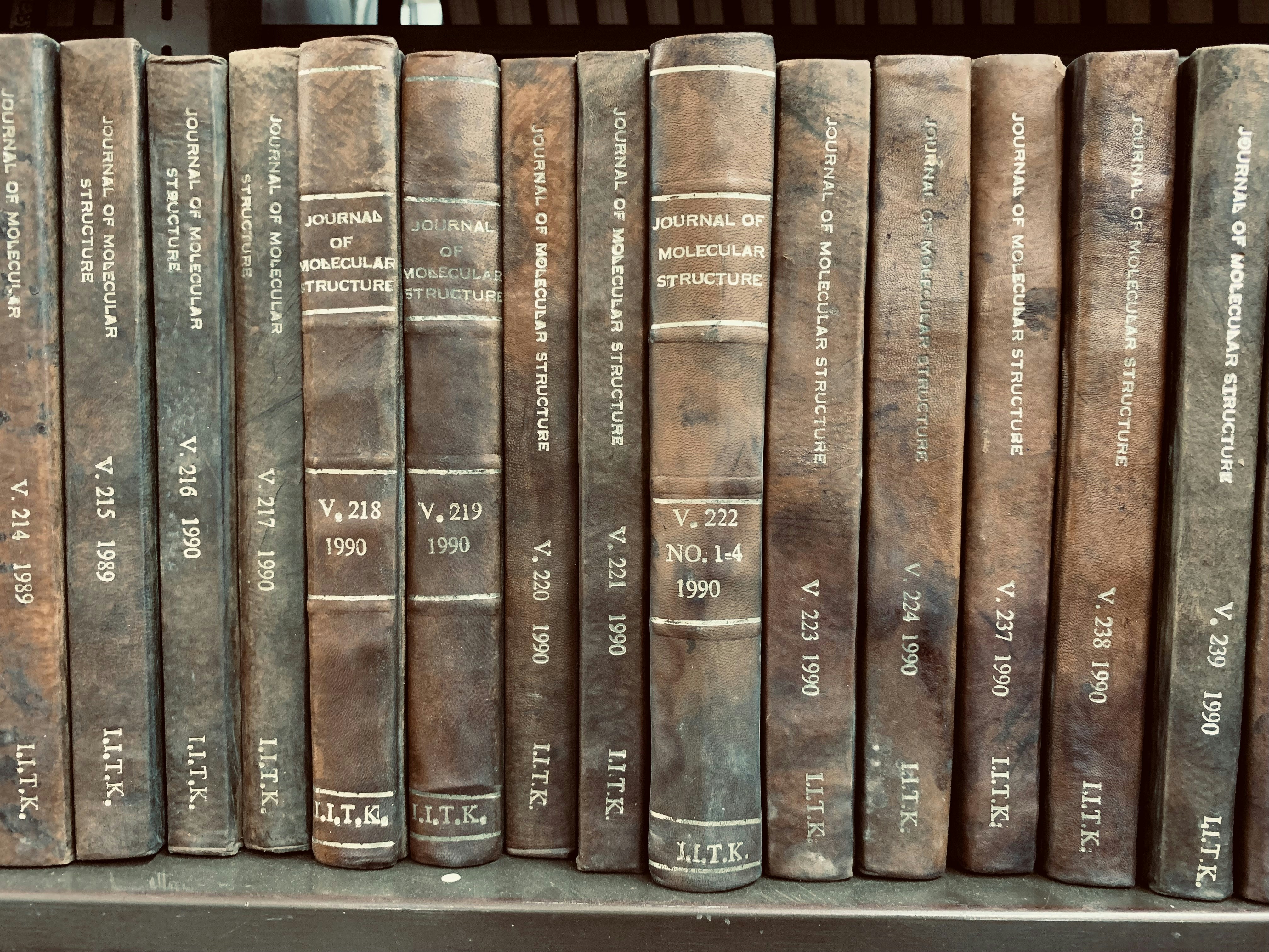Latest posts
-
AI Policy Check for Scientific Authors: Declare Your Use, or Risk Rejection
Understanding AI Policies in Scientific Publishing In recent years, the landscape of scientific publishing has begun to shift significantly, particularly with the advent of artificial intelligence (AI) technologies. Publishers have started to implement comprehensive AI policies that mandate authors disclose their use of AI tools in the research and writing processes. This movement stems from…
-
Understanding the Fatal Flaw: The Main Reason Top Engineering Papers Get Desk-Rejected
What is a Fatal Flaw? In the context of academic publishing, particularly within engineering fields, the term ‘fatal flaw’ refers to a critical error or omission in a manuscript that can result in an immediate desk rejection by editors. Unlike minor mistakes that may be overlooked or corrected during the review process, a fatal flaw…
-
The Hoover Dam: Concrete Cure and Its Remarkable Engineering
A Monumental Project: The Scale of Concrete Used The construction of the Hoover Dam, an iconic symbol of American engineering, involved an astonishing amount of concrete—approximately 3.25 million cubic yards. This considerable volume underscores the project’s remarkable scale and the ambitious vision of its creators. To put this in perspective, the quantity of concrete utilized…
-
The Long Shadow of Deception: The Case of Yoshitaka Fujii and the Largest Scientific Retraction
Background of Yoshitaka Fujii and His Work Yoshitaka Fujii, born in 1951 in Japan, has been a prominent figure in the field of anesthesiology, recognized for his innovative research and contributions throughout his career. He completed his medical education at the prestigious Nagoya University, where he developed a strong foundation in the principles of medicine…
-
The Retraction Crisis: Understanding the Structural Flaw Behind Plagiarism in Scientific Papers
Introduction to the Retraction Crisis The retraction crisis within scientific publishing has emerged as a pressing concern, drawing attention to the integrity of academic research. Retraction occurs when a published paper is withdrawn from circulation, often due to issues related to credibility and reliability. The frequency of retractions has been increasing in recent years, raising…
-
The One-Word Wonder: A Physics Paper That Redefined Conciseness
The Origin of the Story: A Peek into the Anecdote The tale surrounding the one-word physics paper, which reportedly consisted solely of the word «yes,» has piqued the interest of scholars and casual readers alike. This story, whether factual or apocryphal, serves to highlight the boundaries of academic writing and the conventions that typically govern…
-
Hedy Lamarr: The Glamorous Actress Who Changed the World Through Invention
The Rise of Hedy Lamarr: From Starlet to Superstar Born on November 9, 1914, in Vienna, Hedy Lamarr, whose birth name was Hedwig Eva Maria Kiesler, emerged from a privileged background that nurtured her early artistic inclinations. Raised by a wealthy Jewish family, Lamarr exhibited a passion for the arts from a young age, studying…
-
Beyond the IF Score: Building a Legacy with Focused Metrics
Understanding the IF Score: More Than a Number The Impact Factor (IF) score serves as a pivotal metric in the realm of academic publishing, reflecting the annual average number of citations to recent articles published in a particular journal. This numerical representation is calculated by dividing the number of citations in a given year to…
-
The Open Science Dilemma: Balancing Open Data and Competitive Advantage
Understanding Open Science Open science is an evolving paradigm that emphasizes transparency, accessibility, and collaboration within the scientific community. At its core, open science advocates for the free sharing of research data, methods, and findings, fostering a more inclusive environment for knowledge creation and dissemination. This approach seeks to democratize science, ensuring that researchers from…
-
The Journal of Irreproducible Results: A Satire of Bad Science
Introduction to the Journal of Irreproducible Results The Journal of Irreproducible Results (JIRR) is a unique publication that embodies a satirical approach to contemporary scientific research. Established in the late 1970s, this journal emerged from a perceived gap in the academic landscape — a space that needed an avenue to critique the growing concerns regarding…








